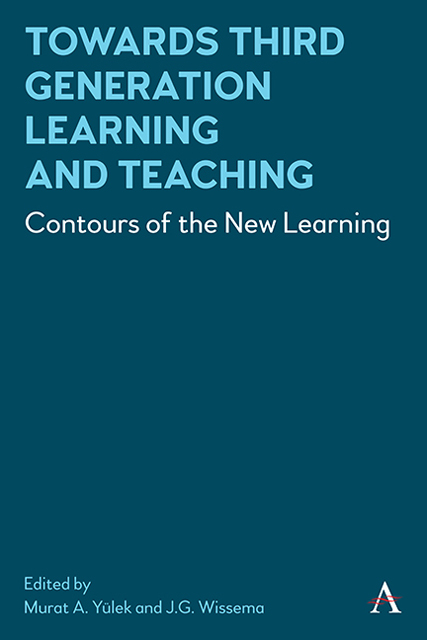Chapter 11 - The Challenge of Artificial Intelligence
Published online by Cambridge University Press: 10 January 2023
Summary
Artificial Intelligence (AI) appears to be advancing at an ever-accelerating pace and affecting much of human life. The power of AI has already been demonstrated in various areas – from smartphone personal assistants and customer support chatbots to medical diagnoses and driverless cars. At the same time, these applications bring multiple challenges and much hyperbole. Nonetheless, of particular importance here, AI systems have also entered the classroom. However, while promising to enhance education, the design and deployment of these tools again raise particular concerns and challenges.
We begin this chapter with a brief history and definition of AI outlining the evolution of AI techniques aiming to imitate or outperform human cognitive capacities. We continue by exploring what AI systems promise to deliver in educational contexts and their impact on learners, examining the interaction through the lens of three analytical categories: learning with AI, learning about AI and preparing for AI. We also explore the risks related to the introduction of AI into education and investigate transversal issues related to all three categories, noting that currently little attention has been paid to what is ethically acceptable for AI and education. Finally, we conclude by trying to answer two questions: how can we make better AI tools for education and how can education help address the challenges created by AI?
Introduction
Artificial intelligence is constantly in the headlines. Almost every day, we read about another dramatic although often overhyped breakthrough, such as the use of AI to identify and counter COVID-19, software agents that appear capable of fluid conversations, or the creation of deep fake videos. However, we know less about how AI has infiltrated our daily lives. AI helps unlock your smartphone with face ID, provides personalized feeds in your social media, and monitors your whereabouts as you walk about town. Increasingly, while it rarely makes the headlines, AI is also being used in educational contexts, for example to automatically generate timetables, to adapt tutoring technologies to individual competencies, and to monitor whether students are concentrating in class. Advocates, such as developers and some researchers and policymakers, argue that the introduction of AI into classrooms enhances learning and thus de facto benefits students.
- Type
- Chapter
- Information
- Towards Third Generation Learning and TeachingContours of the New Learning, pp. 165 - 180Publisher: Anthem PressPrint publication year: 2022

